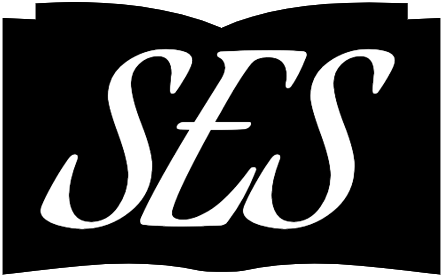Hobson, Marian. “Diderot’s ‘Encyclopédie’
and the French Enlightenment: Summarizing Knowledge and Questioning Knowledge.” Frontiers of Philosophy in China, vol. 8, no. 2, Brill, 2013, pp. 215–29. JSTOR, https://www.jstor.org/stable/23597394.
Hobson addresses here the Encyclopédie’s (and hence Diderot’s and d’Alembert’s) goals to summarize all knowledge while also questioning it and leading readers to doubt facts and information. Hobson first explains Diderot’s early career and later works (his translations, letters, unpublished works), connecting them to his later interests and to update and expand Chamber’s Cyclopedia. Before speaking of the Encyclopédie itself, Hobson takes time to describe the attributes of the aforementioned Cyclopedia, most specifically Chamber’s thoughts on the structure, organization, and definition of an encyclopedia and the representation of all knowledge in order to compare these attributes with those of the Encyclopédie. Hobson then gives a brief overview of the editorship history of the Encyclopédie as well as its suppressions, then focuses on Diderot’s own views of the organization and representation of all knowledge; that is, that it is virtually impossible to obtain a complete reference work with all information that nature can provide. According to Hobson however, the Encyclopédie’s tree of knowledge, where small, specific subjects are attempted to be contained by larger ones, contradicts this belief. In other words, in the Encyclopédie, knowledge is in fact presented as a summary of a “pre-existing whole”, but Diderot goes further to question and build upon that summary.
Basic Information
Country of Publication: The Netherlands
Language: English
Decade: 2010s
Main Classification: Knowledge, Summary
Related Sources
*In Progress*
Notes
1. Quotes are translated to English from original language.
2. As of 2020, Frontiers of Philosphy in China is no longer published by Brill (The Netherlands), but Higher Education Press (China).
Updates
4/28/2021: Created page.
